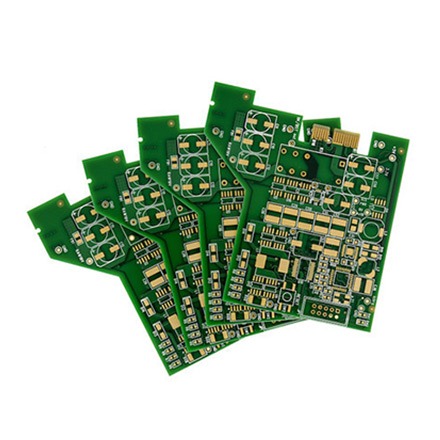

The Versatility and Applications of 8mm Float Glass
Float glass, a common type of glass used across various industries, has witnessed significant advancements and innovations over the years. Among the various thicknesses available, 8mm float glass stands out for its robustness and versatility. This article delves into what float glass is, the manufacturing process of 8mm float glass, its advantages, and its applications across different sectors.
Understanding Float Glass
Float glass gets its name from the manufacturing process, wherein molten glass is floated on top of molten tin. This technique creates a smooth and uniform sheet of glass with consistent thickness and optical clarity. The process of making float glass ensures that it is free from bubbles and distortion, making it an ideal choice for a variety of applications ranging from construction to interiors.
Manufacturing Process of 8mm Float Glass
The production of float glass involves several steps. Initially, raw materials, primarily silica sand, soda ash, and limestone, are melted in a furnace at high temperatures (approximately 1700°C). Once molten, this glass mixture is poured onto a bed of molten tin, where it spreads out and forms a flat sheet. The glass floats on the tin, cooling and solidifying into a perfectly flat surface. After cooling, the glass sheet is cut into desired sizes, including 8mm thickness, and undergoes further treatments to improve its durability and performance.
Advantages of 8mm Float Glass
1. Strength and Durability One of the primary advantages of 8mm float glass is its thickness, which inherently offers greater strength compared to thinner glass. This makes it suitable for applications where impact resistance and durability are critical.
2. Clarity and Transparency The float glass manufacturing process produces clear and transparent sheets, making 8mm float glass an excellent choice for applications requiring high visibility, such as windows and display cases.
3. Versatile Applications The robustness of 8mm float glass allows it to be used in various settings, from residential buildings to commercial spaces. It can be cut, drilled, and shaped, making it adaptable to different design requirements.

4. Thermal Resistance This type of glass can withstand significant temperature changes, making it suitable for use in environments with fluctuating temperatures.
Applications of 8mm Float Glass
1. Architectural Use In modern architecture, 8mm float glass is frequently utilized for large windows and facades. Its aesthetic appeal and strength make it a preferred choice for contemporary buildings. With its ability to reduce noise pollution, it also contributes to creating comfortable living and working environments.
2. Furniture Design The furniture industry has embraced 8mm float glass for items such as tables, shelves, and cabinets. The elegance and clarity of the glass enhance the overall design, making furniture not only functional but also visually appealing.
3. Retail Displays In retail settings, 8mm float glass is commonly used for display cases and shelving. Its transparency allows products to be showcased effectively, while the durable nature ensures that these displays withstand daily wear and tear.
4. Interior Design From glass partitions to shower enclosures, 8mm float glass has made a significant impact in interior design. It can create an illusion of space and light, enhancing the ambiance of various spaces.
5. Safety and Security With advancements in glass technology, 8mm float glass can be treated to produce safety glass, which is crucial for applications requiring additional protection. This treated glass is designed to hold together when shattered, minimizing the risk of injuries.
Conclusion
In conclusion, 8mm float glass exemplifies the blend of strength, clarity, and versatility. Its applications span across various domains, highlighting its importance in contemporary construction, design, and safety solutions. As industries continue to evolve, the role of 8mm float glass will undoubtedly expand, reflecting both functional and aesthetic needs. Whether in residential or commercial settings, this type of glass remains a critical component in shaping modern architecture and design solutions.